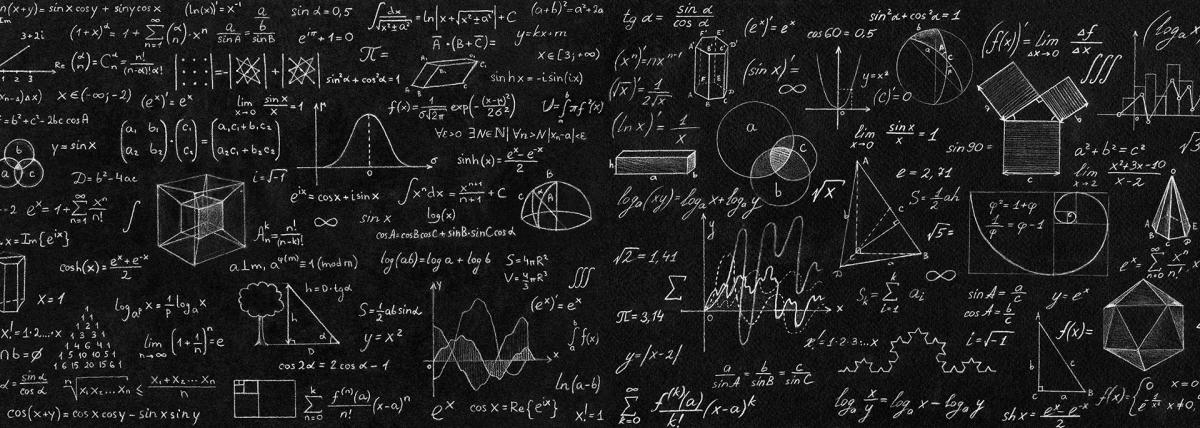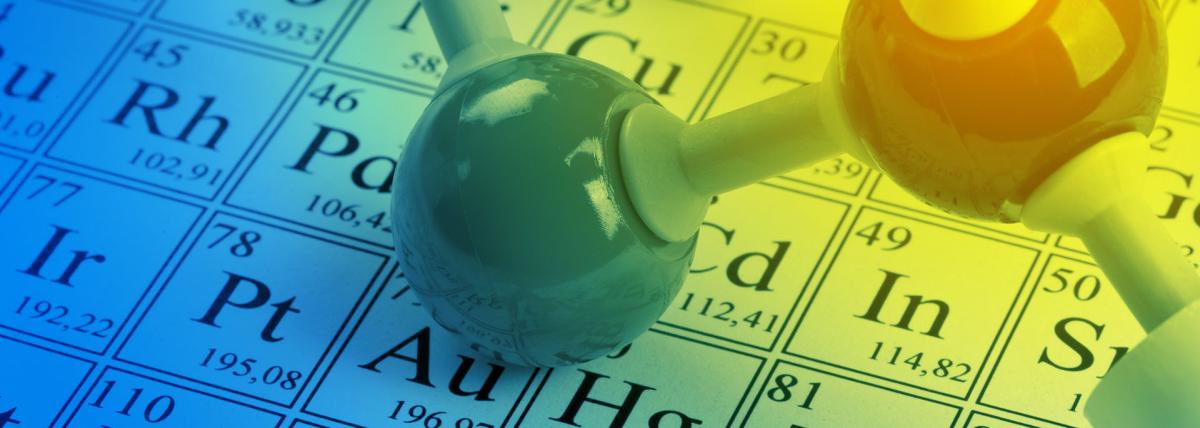
What are the parts of a plant? What is pollination? What parts are involved in pollination? What happens when a bee or another pollinator flies from flower to flower? Why is pollination important? How

Students will be creating their own arcade games with recycled materials. One idea can change the world! During this activity students will be going through the engineering design process.

Students engage in science, math, and technology skills to analyze and interpret data about rain and weather across different regions.

After completing a ratio table and researching the benefits of the ingredients in chicken feed, students will now be able to build a bag of chicken feed for a local farmer!

This activity walks students through the basics of using the 3D modeling software TinkerCAD and how to transfer their image to a 3D printer.

This lesson walks students through reimagining a schoolyard space by calculating scale model and creating scale objects.

This lesson compares and contrasts different hydroponic systems and their benefits and setbacks. Then, the plan walks the students through the hands-on activity of creating a Kratky bin for hydroponic

Stage 2 of a 4-stage project. Students will continue to research the pros and cons of small farms. Students will revisit their original farm drawing, ensuring they have different key features, and

Stage one of a 4 stage project. Students will research crops and seasons to create a blueprint that will serve as the guidelines for building a small functioning farm.

This lesson plan is designed to teach students about Newton's 3rd Law of Motion through hands-on experimentation. Students will build cars and test the effects of collisions to gain a deeper

This lesson plan walks you through our engineering of a garden box and extended lesson of our plant growth.

This lesson is a fantastic way to introduce physical and chemical properties. It includes hands-on stations activities. In this lesson, students will be able to really see the properties of matter at

Students will create 3D Models of a water form. Learners will record a photo of their model, write and type or record information about their model via iPad or tablet. Students will record a learning

This lesson explores how cars can be designed to ensure the safety of children passengers. Through a read- aloud, the students will see how a young child was able to design a car in the story "If I

This is session 4 of a 4 session unit on innovative thinking, agricultural engineering, and farm model making. This is the second session of hands-on farm model making. Students will work with a

This is session 3 of a 4 session unit on innovative thinking, agricultural engineering, and farm model making. In this session students begin to work with a partner or small group to construct their

This is session 2 of a 4 session unit on innovative thinking, agricultural engineering, and farm model making. This session introduces students to agricultural engineering. It discusses how due to a

This is session 1 of a 4 session unit on innovative thinking, agricultural engineering, and farm model making. The first session introduces students to Dr. Temple Grandin, a creative thinker who has

Student groups research an energy resource topic and organize content in a slide presentation. Notes from group presentations are used to build a foldable.

This is a modified version of the popular Birthday Polynomial project for Algebra 2/ Pre-Calculus. Students create and analyze a polynomial and its first and second derivatives using technology.

This is part two of a two-part lesson set. In this lesson, students will conduct test flights on their rockets, gather and analyze their flight data, and make improvements based on the results. They

This is one lesson in a two part lesson set. In this first lesson, students review balanced and unbalanced forces in preparation for how these forces apply to rockets! They will then research rocket

Students who have been studying logarithms can apply them using a chemistry lab to discover the pH of acetic acid (white vinegar) and even compare this to other acids.

The students will be working and pretending that they work for an engineering company that is designing a bridge. The Department of Transportation wants to see a model of the bridge, so they will be
